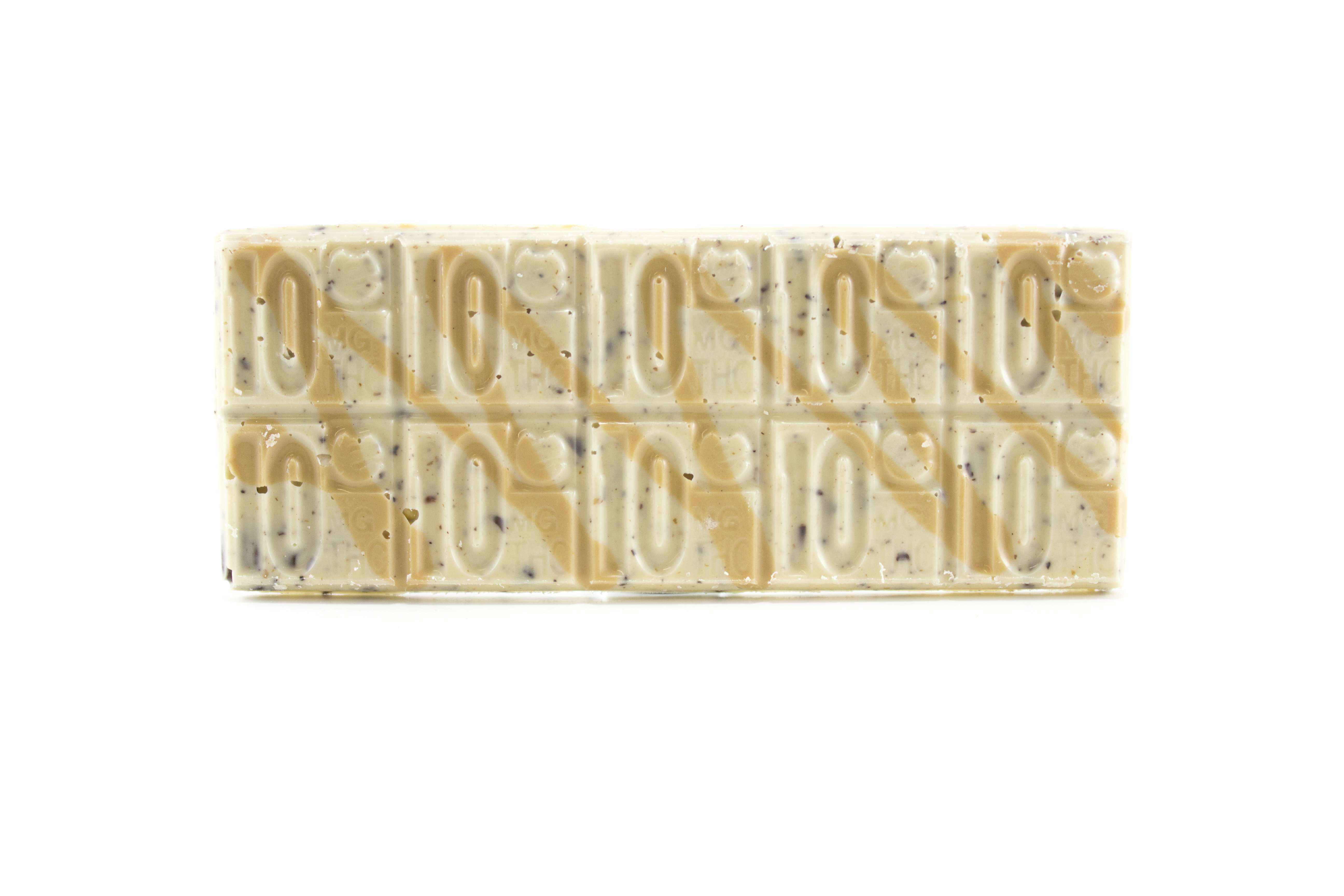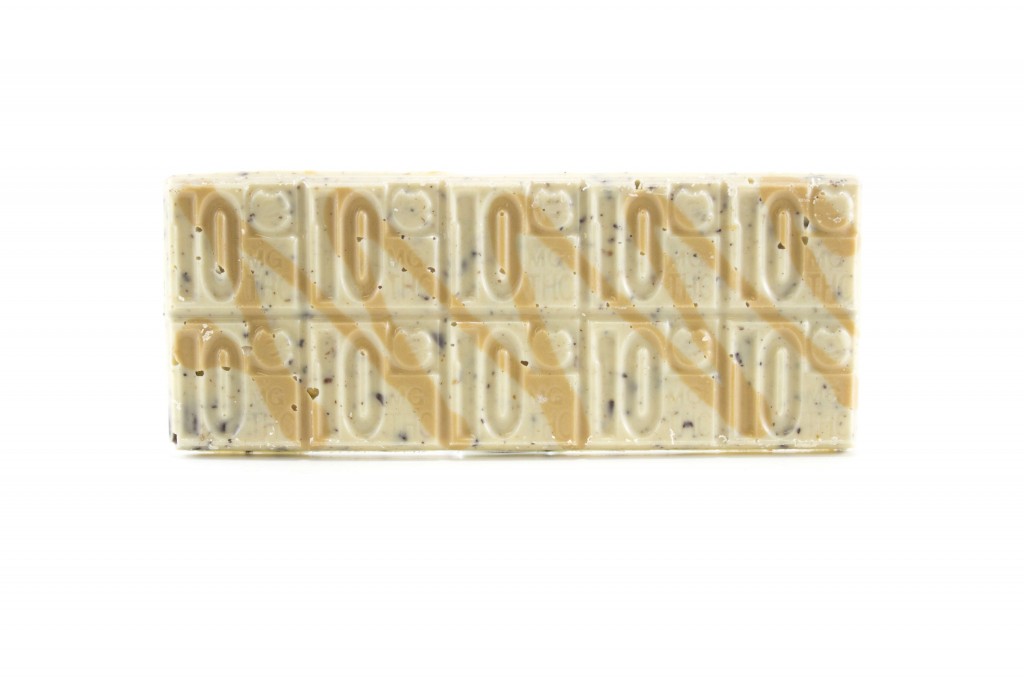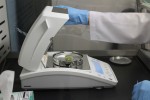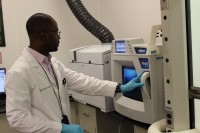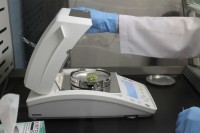In this week’s Straight Talk on Safety, Defense and Security, we answer a reader’s question about traceability in quality processes and offer some practical advice for building a safety and security strategy. Travis Lodolinsky from Gleason Technology submitted this week’s question. For a response, we sit down with Lezli Engelking, founder of the Foundation of Cannabis Unified Standards (FOCUS), to help answer your questions. If you have questions about safety, defense and security in cannabis, please ask them in the comments section below and we will address them in the next edition of Straight Talk on Safety, Defense and Security.
T. Lodolinsky: How are safety processes being tracked in the industry to ensure regulations and quality assurance are being uniformly enforced throughout?
Lezli Engelking: In related industries, such as herbal products or pharmaceuticals, the FDA has created guidelines, or current good manufacturing processes (CGMP) that control for the quality, consistency and safety of the products being produced. Businesses must be certified by independent third parties to demonstrate they are following CGMP to protect public health and consumer safety. CGMP is a proactive approach to quality assurance. A basic tenant of CGMP is that quality cannot be tested into a product after it is made; quality must be built into the product during all stages of the manufacturing process. One common misconception is that CGMP only covers the process of manufacturing itself. CGMP actually covers all aspects of the production process including materials, premises, equipment, storage, staff training and hygiene, how complaints are handled and record keeping.
Because cannabis is federally illegal in the US, the FDA has not developed cannabis-specific CGMP guidelines, so lawmakers do not have the benefit of having those guidelines available to base regulations on. So to answer your question, state cannabis regulations do not track processes and procedures used by cannabis businesses to control for safety or quality because they do not have the federal guidelines. Instead, most state cannabis regulations currently take a reactive approach to safety, mandating only for testing of the final product. While testing is an extremely important and valuable part of any quality management program, just analytics is not enough.
This is precisely why FOCUS was created and how they assist business owners and regulators, while fulfilling the mission of protecting public health, consumer safety and safeguarding the environment. The FOCUS standards are a cannabis-specific system of guidelines (cannabis-specific current good manufacturing practices) to ensure products are consistently produced according to quality standards. FOCUS provides detailed guidance and independent, third party auditing services for all key aspects of the cannabis industry including cultivation, extraction, infusion, retail, laboratory, security, packaging, labeling and sustainability.
CannabisIndustryJournal: What advice can you offer to cannabis businesses for product safety, defense and security prior to standardization?
Bruce E. Lesniak: Businesses that make products infused with cannabis (I call these businesses “plus one” companies because they produce products that include one more ingredient than traditional food products), require a carefully written master plan that specifically addresses the unique qualities, sensitivities and critical areas of the business. When building a comprehensive plan I address three questions:
- Why (identify the why, this is your preventative, overarching strategy)?
- How (addresses the “why question” with products, services and training)?
- What (what is your reactive strategy that addresses actions and activities to be performed in the event of a breech)?
First and foremost, consumer-facing businesses must safeguard their products to the public. One product recall or illness related incident could spell disaster. Build your plan correctly the first time. Contact an industry expert to review your facility and help build and implement your plan. This will save you money by quickly exposing vulnerabilities and providing corrective measures specific to your business needs and requirements. Even though product safety and defense are closely related to security and should share a complementary strategy, product safety and defense are unique (due to standards and regulations), and should be treated as such.
Banks not accepting industry money complicates normal business operations and security planning, causing retail operations to handle and store large sums of cash. I asked industry expert and security professional, Tony Gallo of Sapphire Protection LLC, what is the single most important piece of security equipment you are currently providing for the retail and dispensary owner? “Design an air tight policy of handling money,” says Gallo. “Remove money often from cash registers and place it into the best safe for your application!”
Spend time familiarizing yourself with all things product safety and defense (there are volumes written on food safety and food defense, thus the “plus one” reference). This a great starting point and protecting the consumer protects your business. When it comes to designing your security application, consult an expert! Take into account that the cannabis industry is unique due to its “plus one” ingredient. Therefore you need to build your security systems, applications and policies to systematically protect your employees, facility, suppliers, transportation, manufacturing, distribution, warehousing, supply chain and brand.














